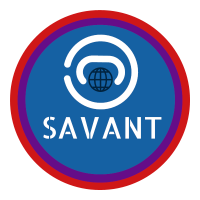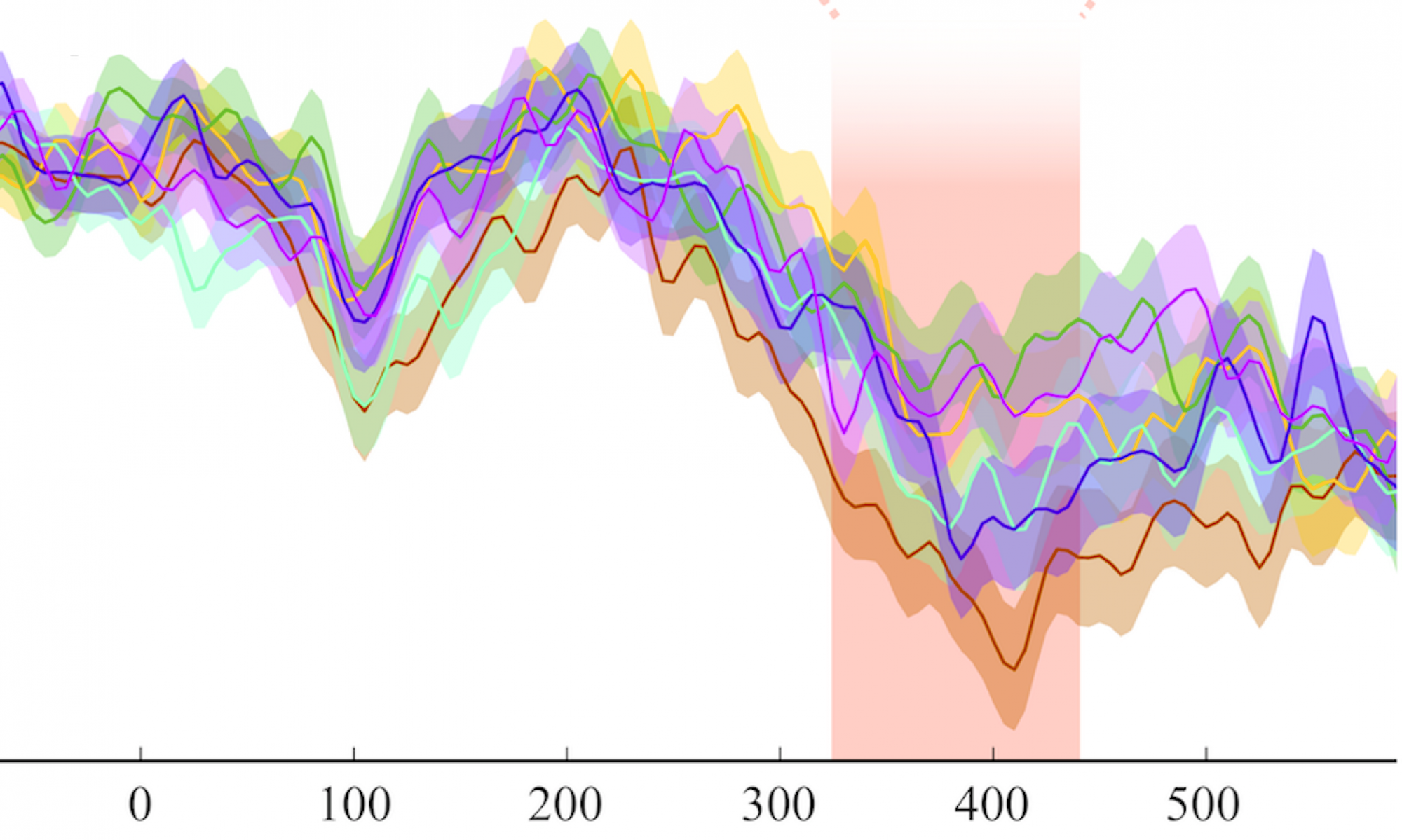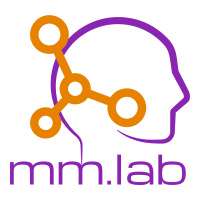We’ve just been awarded funding by the ESRC for our project Systematicity and Variation in Word Structure Processing Across Languages: a Neuro-Typology approach (SAVANT). Research on how the human brain processes language has mostly focused on a very small set of familiar, related European languages like English, Dutch, German, Spanish and French. We know almost nothing about how the brains of speakers of most of the world’s languages respond to even simple linguistic tasks like processing a single word. This project investigates how speakers of a diverse range of languages solve the basic problem of detecting, recognising and interpreting constituent pieces of complex words, by recording their brain activity while they read and judge the wellformedness of familiar and novel words in their language. By employing a very simple paradigm, that can be replicated across all the languages in our sample, we can both better understand the shared neurocognitive bases for the human language capacity, while also uncovering the neurobiological basis for the distribution of different linguistic patterns across the languages of the world. The systematic comparison of the responses evoked by the same manipulations across a range of languages will lead to new discoveries and to the refinement of existing models of how word-internal linguistic structure is parsed.

The project brings together a global team of researchers and labs: Christina Manouilidou in the Department of Comparative and General Linguistics and the Department of Neurology at the Univerza v Ljubljani, Rok Žaucer in the Center for Cognitive Science of Language at Univerza v Novi Gorici, Dustin Alfonso Chacón in the Neuroscience of Language Lab (NeLLab) at NYU Abu Dhabi, Samantha Wray in the Program in Linguistics at Dartmouth College, and Alec Marantz in the Department of Linguistics and NeLLab at NYU.
We’ll be recruiting a team of early career researchers to join our project to help us investigate morphological processing in Tagalog, Bangla, Arabic, Slovenian and Bosnian-Serbo-Croatian in early 2021. The project will run from 2021-2024.

